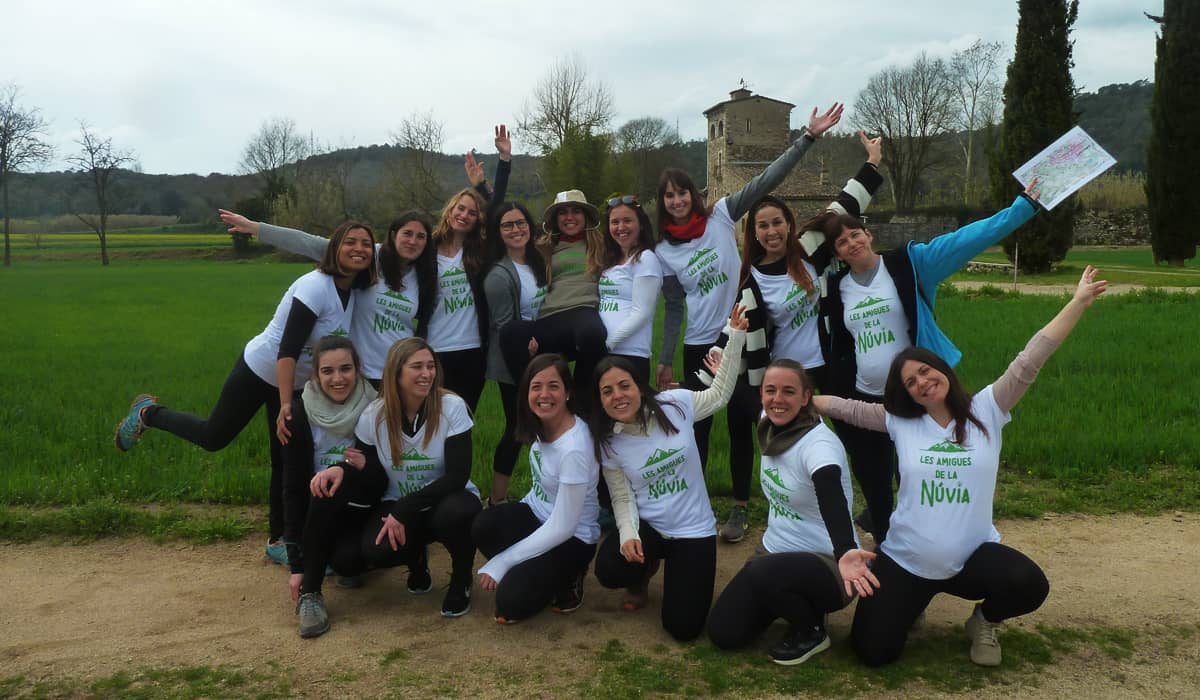A Brief Spain History article from 02-10-2024: Spain's history is a tapestry woven from diverse cultures, conquests, and significant events that have shaped its identity. From prehistoric times through the Roman Empire, the Islamic Golden Age, and into modernity, Spain's past is rich and complex.
Spain History
Prehistoric and Ancient Times
The earliest known inhabitants of Spain were prehistoric peoples, with evidence of human presence dating back to the Paleolithic era. The famous cave paintings in Altamira are a testament to this early civilization. By the 8th century BCE, the Phoenicians, Greeks, and Carthaginians established colonies along the Mediterranean coast.
In 218 BCE, during the Second Punic War, Rome began its conquest of the Iberian Peninsula. Over the next two centuries, Rome fully integrated Spain into its empire, leading to significant Roman influence on language, culture, and infrastructure. Cities like Tarragona and Mérida were established during this time, showcasing Roman engineering with aqueducts and amphitheaters.
Visigothic Rule and Islamic Conquest
After the fall of the Western Roman Empire in the 5th century CE, the Visigoths established a kingdom in Spain. This period saw the spread of Christianity as well as cultural developments in law and governance.
In 711 CE, Muslim forces from North Africa invaded and quickly conquered most of the Iberian Peninsula. This initiated a period known as Al-Andalus, where Islamic culture flourished for over 700 years. Cities like Córdoba became centers of learning and culture, producing significant advancements in science, philosophy, and architecture.
The Reconquista
The Reconquista was a series of military campaigns by Christian kingdoms to reclaim territory from Muslim rule. It began in the 8th century and culminated in 1492 with the capture of Granada by Ferdinand II of Aragon and Isabella I of Castile. This event marked the end of Muslim rule in Spain and led to the establishment of a unified Spanish kingdom.
The Age of Exploration
Following the Reconquista, Spain emerged as a global power during the Age of Exploration. Christopher Columbus's voyage in 1492, sponsored by Ferdinand and Isabella, led to the discovery of the Americas. Spain established vast colonies across Latin America, which enriched its economy but also brought about significant cultural exchanges and conflicts.
The Habsburgs and Bourbons
The 16th century saw the rise of the Habsburg dynasty in Spain, which ruled over an extensive empire that included territories in Europe and the Americas. This period was marked by both cultural flourishing (the Spanish Golden Age) and military conflicts.
In 1700, following the War of Spanish Succession, the Bourbon dynasty ascended to the throne. The Bourbons implemented reforms aimed at modernizing Spain but faced challenges such as regional tensions and economic difficulties.
The 19th Century: Turmoil and Transformation
The 19th century was tumultuous for Spain, marked by wars for independence in Latin America and internal strife leading to civil wars. The Peninsular War (1808-1814) against Napoleonic France significantly weakened Spanish authority.
This era also saw movements for regional autonomy and national identity emerge, particularly in Catalonia and Basque Country.
The Spanish Civil War and Franco's Regime
In 1936, Spain plunged into a brutal civil war between Republicans (who supported democratic governance) and Nationalists led by General Francisco Franco. The Nationalists emerged victorious in 1939, establishing a dictatorship that lasted until Franco's death in 1975. His regime was characterized by repression of dissenting voices and regional identities.
Democracy and Modern Spain
Following Franco's death, Spain transitioned to democracy with the adoption of a new constitution in 1978. This period saw significant political reforms, economic modernization, and integration into European structures. Spain joined the European Union in 1986, further solidifying its place on the global stage.
Today, Spain is known for its rich cultural heritage that reflects its diverse historical influences—from Roman ruins to Moorish palaces—and continues to evolve as a vibrant democracy facing contemporary challenges such as regional independence movements and economic fluctuations.
Spain History Conclusion
Spain's history is a reflection of its diverse cultures and influences that have shaped its identity over millennia. From ancient civilizations through periods of conquest and colonization to modern democracy, understanding this history provides insight into contemporary Spanish society. The legacy of these historical events can be seen today in its architecture, traditions, languages, and regional identities that make Spain a unique country on the world stage.
Recommended Activity: Coasteering!
Coasteering is an exhilarating coastal adventure activity that combines swimming, climbing, scrambling, and cliff jumping!

Explore the rugged beauty of the coastline while navigating through sea caves, rock formations, and tidal pools.
Experience an adrenaline-pumping journey with professional guides in stunning natural environments.
Discover the thrill of coasteering today!
Local Beauty Salon Near Me
Accountant or certified financial professional!
Party Barcelona boat and pool
Ortopedia cerca de mi